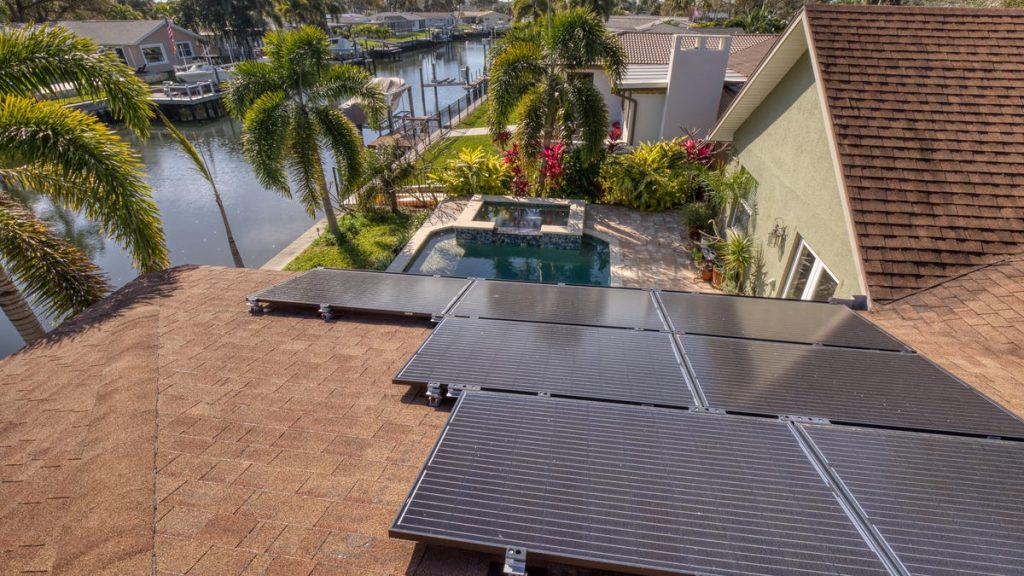Solar panel purchasing in Florida is relatively easy due to the abundance of sun and various incentives offered by the state. Florida encourages residents to install solar panels through legislated sales tax and property tax exemptions, net metering policies, and property-assessed clean energy (PACE) loans. The state also offers local and municipal-based incentives. Despite challenges from critics, such as attempts to end net metering and lack of transparency in PACE loans, Florida residents can still benefit from these incentives. It is essential for Floridians to stay informed about solar panel incentives in their state.
Various incentives are available for residential electric customers in Florida, including property tax exemptions, sales tax exemptions, PACE loans, SELF loans, net metering, and local rebates. The estimated value of these incentives ranges from $218 per year for property tax exemptions to $7,200 for the federal solar tax credit. Florida does not currently offer state tax credits for solar panels, but there are other incentives and financing options available to residents. These incentives make it more financially feasible for homeowners to invest in solar panel installations.
Florida’s property tax exemption for solar panels allows homeowners to avoid paying additional property taxes on the value of their solar installations. Similarly, the sales tax exemption saves homeowners $1,440 on average when installing solar panels. PACE loans provide an alternative financing option for homeowners, allowing them to install solar panels with no upfront costs. However, these loans have faced criticism for their lack of oversight, which raises concerns about the potential risks involved.
Local solar panel rebates in Florida offer additional financial incentives for installing solar panels. Programs like the Boynton Beach Energy Edge rebate and the Dunedin Solar Energy Rebate Grant Program provide monetary rewards for qualifying solar panel systems. There are also rebates available for solar water heaters, solar attic fans, and other solar appliances in participating cities. These local rebates complement the state incentives and make it more appealing for residents to invest in renewable energy systems.
In addition to state and local incentives, Florida residents can benefit from federal solar tax credits, which provide a 30% rebate on the cost of solar panel installations. The federal tax credit can amount to $7,200 based on the average installation cost. Net metering rules in Florida require utilities to compensate customers for excess solar energy generated, further incentivizing homeowners to switch to solar power. While the future of net metering in Florida remains uncertain, these policies aim to promote renewable energy adoption and reduce dependence on fossil fuels.
Community solar projects, which allow customers to access solar power from large-scale installations, are limited in Florida. However, some utilities offer programs that operate similarly to community solar projects, providing opportunities for customers to benefit from solar energy without installing panels on their homes. Solar power purchase agreements (PPAs) face heavy restrictions in Florida, making residential solar adoption challenging. Despite these limitations, the combination of state, local, and federal incentives makes solar panel installation in Florida a viable option for homeowners seeking to reduce their carbon footprint and save on energy costs.












